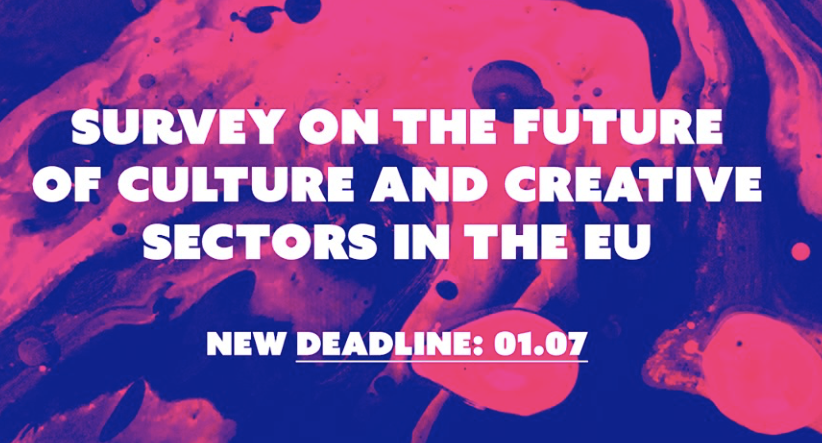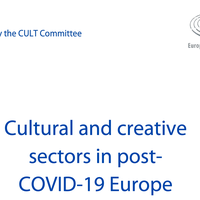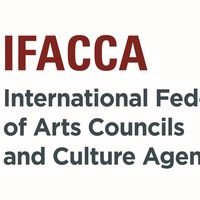Culture and Creative Sectors in EU - Survey & Background Paper on key future developments, challenges, opportunities

KEA together with PPMI are working on the study “Culture and creative sectors in the European Union – key future developments, challenges and opportunities” for the Policy Department for Structural & Cohesion Policies, on behalf of the European Parliament Committee on Culture and Education (CULT).
This prospective study will provide the new Members of the CULT Committee with policy recommendations regarding the trends, challenges and opportunities that the culture and creative sectors may face in the next 10 years.
As part of this study, KEA and PPMI are implementing an in-depth stakeholder consultation and have launched a policy Delphi survey.
The deadline to submit answers is until July 1st.
To support the Survey, KEA has produced an informative Background Paper, which can be of wider interest for cultural policy and management researchers and others outside Europe involved in culture and creative sectors (CCS) support measures.
The purpose of this background paper is to inform policy Delphi survey respondents of the key trends faced by the culture and creative sectors (CCS) in the EU. The policy Delphi method is a structured approach to stakeholder consultation that helps to find a consensus on future public policy initiatives. The paper briefly addresses the developments in eight domains affecting the CCS, including economic, labour market, policy framework, social, technology, international cultural relations, artistic freedom and environment. Policy Delphi respondents are invited to read the background paper, familiarise themselves with the trends and choose which topics they feel most knowledgeable of to express their views on in the survey. The results of this survey will feed into developing a foresight analysis and producing a study report for the European Parliament and more specifically for Members of the CULT Committee in September 2019.
The CCS are defined as all cultural and creative sectors whose activities are based on cultural values and/or artistic and other creative expressions. The CCS include inter alia architecture, archives, libraries and museums, artistic crafts, audio- visual (including film, television, video games and multimedia), tangible and intangible cultural heritage, design, festivals, music, literature, performing arts, publishing, radio and visual arts.
Similar content
posted on
05 Mar 2021
posted on
18 Jan 2024
posted on
28 Mar 2022
posted on
02 Aug 2022
26 Sep 2016






